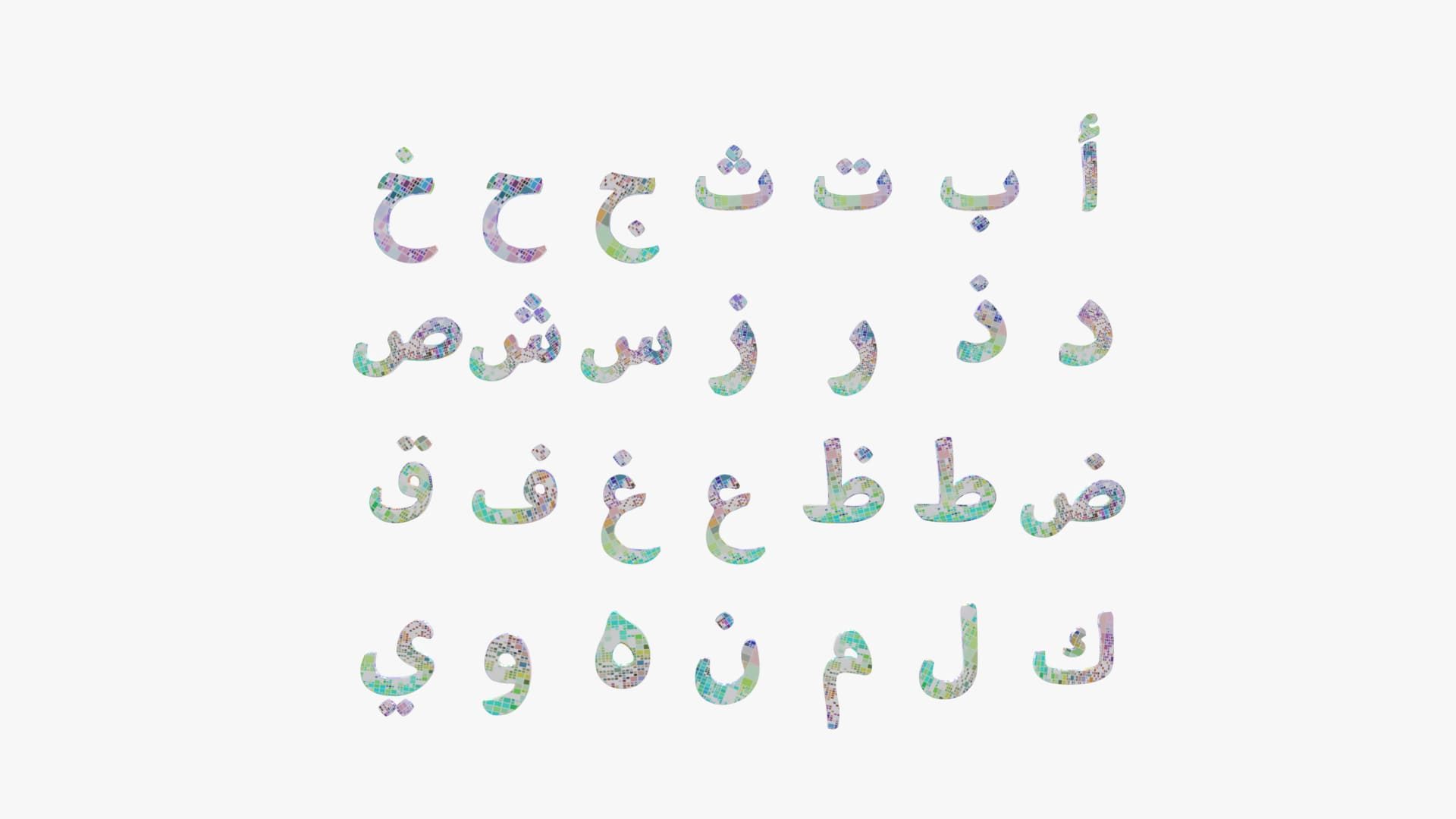What to do on laylatul qadr: 9 acts to connect with Allah
As soon as the last ten nights of Ramadan arrive, the pursuit of Laylatul Qadr begins; the night that has the potential to transform your destiny. It is a night unlike any other, one that carries the weight of a thousand months of worship. Since no one knows exactly when it falls, every single one of these nights could be the one, and the question on every believer’s mind is: What to do on Laylatul Qadr to ensure you don’t miss its blessings?
In this blog, we’ll explore 9 powerful acts of worship as answers to your question “what can I do on laylatul qadr?”
1- Remember that the night starts at Maghrib
Laylatul Qadr isn’t just about the late hours of the night; it begins as soon as the sun sets (Maghrib time). Many people make the mistake of waiting after Ishaa prayer to start their worship, forgetting that the blessings of this powerful night start at Maghrib.
Keeping this in mind helps you stay conscious of your actions from the very beginning. Use this time wisely; avoid gossip, idle talk, or anything that could diminish the rewards of this sacred night. Instead, set the tone from Maghrib by engaging in dhikr, reciting the Qur’an, and making heartfelt du’as. The entire night is an opportunity for mercy and forgiveness, so don’t fall into this mistake and never let even a moment slip away!
2- What to do on laylatul qadr? Read more Quran
Ramadan is known as the month of the Quran, and Laylatul Qadr holds an even greater connection to it as it is the very night on which the Quran was revealed. This makes reciting and reflecting on the Quran one of the most powerful acts of worship you can do. But don’t rush with pages. Alternatively, spend more time to comprehend the wisdom behind each verse, the message allah subhanah w taa’la wants to deliver.
If possible, read with tafsir (explanation) or listen to recitations that inspire you. This is a night of guidance, mercy, and transformation, so let the Quran touch your heart. You can also join Noor Institute Quran online classes to strengthen your connection with Allah.
3- Repeat the most powerful dua of prophet muhammad
On this blessed night, don’t miss out on one of the most powerful du’as ever taught by the Prophet Muhammad ﷺ. When Aisha (رضي الله عنها) asked him what supplication she should make on Laylatul Qadr, he didn’t give her a long or complex du’a; he gave her something simple yet deeply profound:
اللهم انك عفو كريم تحب العفو فاعف عني
“O Allah, You are the Most Forgiving, You love to pardon, so pardon me.”
This du’a carries a world of meaning. The Prophet ﷺ emphasized that the most beloved supplications to Allah are the ones that are the most comprehensive. And this du’a is exactly that, it seeks not just forgiveness but complete pardon from our sins, erasing them as if they never existed.
4- Spend in charity: give sadaqah
The Prophet ﷺ said that nothing extends a person’s life except for Sadaqah. It can even change your decree and bring unexpected blessings into your life.
Allah ﷻ reminds us in the Quran:
“لَن تَنَالُوا الْبِرَّ حَتَّىٰ تُنفِقُوا مِمَّا تُحِبُّونَ”
“You will never achieve righteousness until you spend from that which you love.” This verse highlights the transformative power of giving, especially from what you hold dear.
Think about those moments when you gave Sadaqah and saw an immediate reward; a problem unexpectedly resolved, a hardship lifted, or a door of goodness opened.
We also have the following hadith emphasizing the role of sadaqah
“دَاوُوا مَرضاكُم بِالصَّدَقاتِ”
“Treat your sick ones with charity.”
Sadaqah heals, protects, and brings barakah into your life. On Laylatul Qadr, when rewards are multiplied beyond measure, let your generosity flow!
5- Escape from T.V and social media
Ramadan comes just once a year, yet many people spend hours watching Ramadan TV shows and scrolling through social media. But in these final ten precious nights, especially Laylatul Qadr, it’s time to step away from distractions.
Imagine this: one night, better than a thousand months; 83 years of worship in a single night! Can you really afford to trade such immense rewards for a few episodes of a series or endless scrolling? Instead, turn your heart to Allah. Dedicate your time and soul to Ibadah, du’a, and reflection. The world of entertainment will always be there, but this opportunity is once a year and you may not get another.
6- Pray Qiyam
One of the most powerful and rewarding acts of worship on Laylatul Qadr is praying Qiyam (night prayer). The Prophet ﷺ said:
“Whoever prays Qiyam with the Imam until he finishes, Allah will record for him the reward of praying the entire night.” This means that even if you don’t stay awake all night, simply praying with the Imam from the start of their Qiyam until the end could earn you the reward of worshiping the entire night.
7- Pray Ishaa in Jama’ah
One of the easiest yet most rewarding acts on Laylatul Qadr is to pray Isha in congregation. The Prophet Muhammad said:
“Whoever prays Salat al-Isha in congregation, Allah will record for them the reward of spending the first half of the night in prayer. And whoever prays Salat al-Fajr in congregation, Allah will record for them the second half of the night in prayer.”
This means that by simply praying Isha and Fajr in Jama’ah, you are guaranteed the reward of worshiping the entire night, even if you’re unable to stay awake!
Let this encourage you to prioritize Isha in the masjid, standing alongside fellow believers, fully present in your Salah.
8- Engage in dhikr and spiritual deeds
One of the most beautiful descriptions of the Prophet during the last ten nights of Ramadan is that he would “give life to the night.” His nights were not spent in heedlessness or sleep; instead, they were alive with worship, remembrance, and devotion. He would also wake up his family, ensuring that they, too, shared in these spiritual moments and the immense blessings of Laylatul Qadr.
He ﷺ also said:
“Do not turn your homes into graveyards.”
This means that dhikr not only brings life to our hearts but also to the spaces around us. Every moment of Laylatul Qadr is precious, and engaging in dhikr ensures that we maximize every second of this sacred night.
Imam Al-Shafi’i observed that the companions of the Prophet ﷺ each had their own way of giving life to the night; some through extra prayer, others by reciting the Qur’an, making heartfelt du’a, or even spending the night giving in charity.
9- Do Itekaf if possible
And i’tikaf doesn’t only mean sitting in masjid all day long, but still connected to everything, holding your phone, socializing. No, i’tikaf means to disconnect from everything and everyone and be connected only to Alla and his words.
Even if you’re unable to do physical I’tikaf due to personal circumstances or restrictions, don’t let yourself get lost in distractions during these last ten nights. Create your own “spiritual retreat” at home. Turn off your devices, step away from social interactions, and dedicate your time solely to worship, reflection, and du’a.
The essence of I’tikaf is seclusion with Allah. Whether in a masjid or at home, use these nights to detach from the world and attach your heart to the One who matters most.
Discover, learn, and grow with Noor Institute
The Noor Institute provides a special chance for anyone, regardless of their background or age, to strengthen their bond with the Quran and the teachings of Islam. With engaging, interactive online Islamic courses, the Institute provides a structured but adaptable approach to learning, personal growth, and putting Islamic knowledge into practice in everyday life.
Utilizing contemporary technology and under the guidance of expert instructors, this Institute guarantees a life-changing learning journey, making Islamic education available, engaging, and rewarding for everyone.
Conclusion
The last ten nights of Ramadan are a golden opportunity for every believer, and knowing what to do on Laylatul Qadr can make all the difference in maximizing its blessings. Whether through prayer, dhikr, charity, or reciting the Qur’an, every moment spent in worship on this sacred night carries rewards beyond a thousand months.
At Noor Institute, we are committed to helping you deepen your understanding of the Qur’an and strengthen your connection to Islam through expertly designed online courses.
As you strive to make the most of Laylatul Qadr, let your pursuit of knowledge continue beyond Ramadan. Noor Institute is here to support your journey with expertly designed online courses. Continue your journey of faith and strengthen your connection with the Qur’an. Join Noor Institute today!
Frequently asked questions
- What happens on laylatul qadr?
Laylatul Qadr is a night of immense mercy, divine decree, and unmatched blessings. On this night, Allah looks upon His creation, and we ask that what He sees from us is pleasing to Him. It is the night when the Qur’an was first revealed, and the destiny of the coming year is decreed. Angels descend in abundance, filling the earth with peace and tranquility, and sincere worship is rewarded greater than a thousand months. This is a night of forgiveness, guidance, and closeness to Allah.
- When is laylatul qadr 2025?
The exact time is unknown as Allah has intentionally kept it hidden so that believers strive in worship throughout the last ten nights of Ramadan. Every odd night (21, 23, 25, 27, 29) have potential to be the night of decree. So you need to spend the last 10 days fully dedicated to acts of worship as if it could be laylatul qadr.
- What are the signs of laylatul qadr?
Some signs include:
– calm night with no no extreme heat, cold, or strong winds and with clear sky
– the next morning following the night has nice weather and the sun rays are warm and mild.
- what to do during laylatul qadr
The best things to do is to engage in good deeds like praying extra, reading quran, giving charity.














